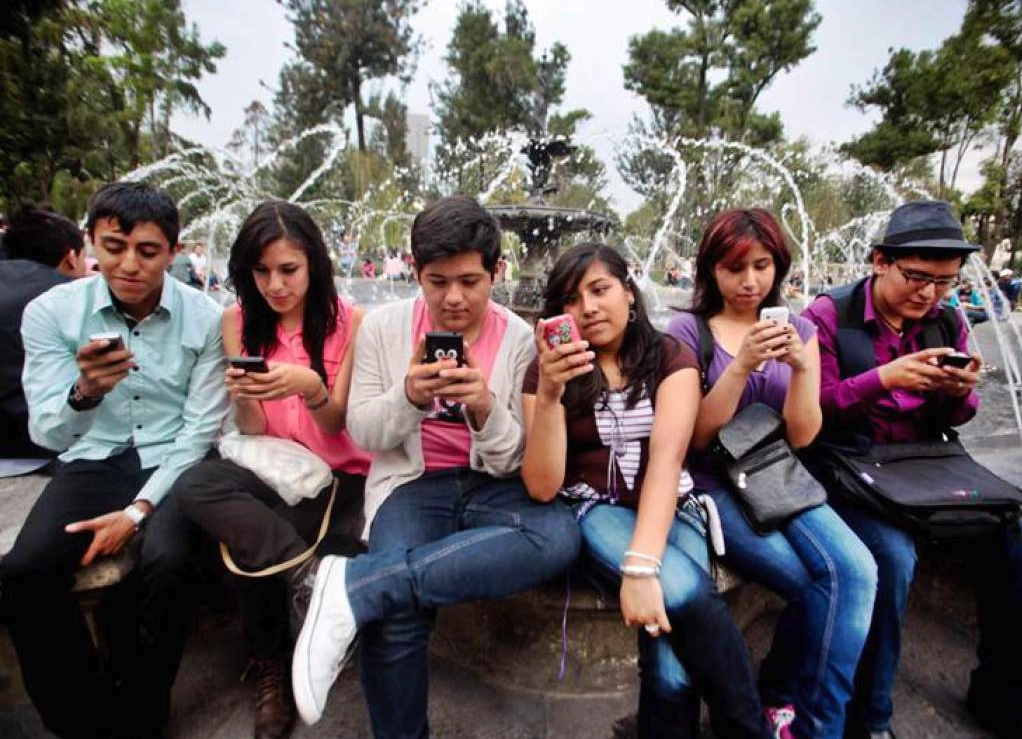Anyone who enjoys soccer will surely be familiar with this situation: your favorite team is playing outstandingly, dominating the game, but near the end, the opposing team scores a goal and takes the victory. It is very irritating because, for most of the game, you only needed to score one goal to win. At some point many years ago, the rules of soccer were established, and it was agreed that the team that scored the most goals would be the winner, not necessarily the one that made the fewest fouls, played the best, or had the most successful passes. To win, you have to score more goals than the opposing team.
Similarly, in representative democracy, the rules for electing our rulers are clear: each person has one vote that counts equally. The candidate who gets the most votes wins, regardless of the age, education, or income of the voters. We know this system is not perfect, but as Churchill noted, “Democracy is the worst system of government, except for all the others that have been invented.”
This reality leads many candidates for elected office to resort to populist strategies to win supporters and votes. They frequently employ messages that range from the comical to the disturbing, criticizing their opponents without providing a clear difference in concrete proposals. This lack of clarity makes it difficult for society to properly evaluate the candidates.
As young people are active users of new socio-digital networks such as TikTok, politicians shape their messages to communicate them more informally through these platforms: they make jokes, sing, dance, and generally seek to capture the attention of this segment and make themselves known using an entertaining tone. However, it is important that after the first impression, young people form their own opinions about the candidates’ proposals and search for reliable sources of information.
Different sources of information, whether formal and systematic such as surveys, or informal and circumstantial such as comments on social networks or word-of-mouth in restricted circles point to a problem of political-electoral discouragement among young people. It is the most privileged young people, in terms of education, who most exhibit concern with their generation’s declining citizen participation in the political sphere, more specifically, in elections. There is a persistent feeling among young Mexicans that their voice is not being heard, and they feel that there is a lack of candidates who truly represent them. And it is not that there are no young candidates or politicians, but that they do not identify with them.
Statistics reveal that in Mexico’s upcoming elections this year, voters under 30 years will represent a considerable 27% of the electorate. Their interest in politics is low, and it is difficult for them to find effective mechanisms to be heard. These young Mexicans are concerned about the unchanging reality and the high levels of corruption despite partisan power movements. Some, demotivated, consider canceling their vote, while others plan not to participate at all.
In all societies, young people are the engine of social change and the catapult of new ideas, as well as the factotum of dissatisfaction that leads — for example — to demand that the expectations placed in those in power be fulfilled and to lead the demand for solutions to their problems. However, opinion polls validate a generalized perception that politics has become a “big business” which fuels distrust and apathetic distancing.
One of the worrying issues is the widespread belief among young Mexicans that their vote will not significantly impact the results and the national political future. One of the interpretations to explain this phenomenon is that electoral preference polls would help to generate a perception of triumph different from their preferences, which would discourage them to go out and vote.
The theory of the “spiral of silence” may explain this phenomenon: if we perceive that our opinion is not shared by the majority, self-censorship may occur, which encourages us to avoid expressing divergent opinions for fear of social isolation. And this is an issue faced by public opinion polls, especially those of electoral preferences. This produces a distortion of the opinion being measured, a kind of self-fulfilling prophecy since opinions are conceived in the majority direction, increasing the feeling of alienation and discouragement.
This paradox is especially acute among young Mexicans and university students. They are the ones who will assume social responsibility and cultural, political, and business leadership at the end of their studies. At the same time, they are the most likely to express their demotivation and concern with it without the capacity to react in practice. It seems difficult to make young people aware that participating actively by voting beyond the triumph or not generates signals toward power. Something similar happens with the daily challenge of exercising dialogue between social segments, a driving force of interest in politics, going beyond the eventual instance of the call to the polls.
As in the soccer analogy, young people want to win the game by skipping the effort and sacrifice required to score goals. Assimilating and learning in practice the rules of the game is a good start.
*Translated by Janaína Ruviaro da Silva from the original in Spanish.













